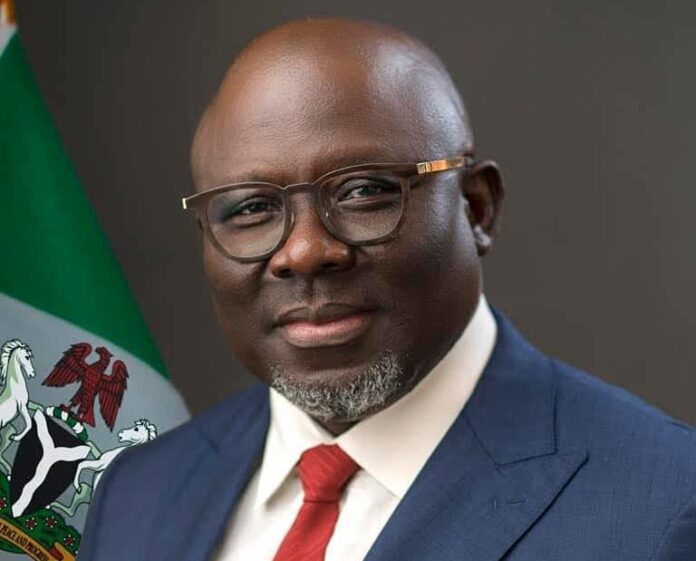Delta State Governor, Mr. Sherrif Oborevwori.
Nwokoro Peter
DELTA – The Delta State Government has unveiled a decentralized mini-grid power model backed by newly approved regulatory bodies, signaling a major shift in how electricity is generated and distributed across the state.
At a post-Executive Council (EXCO) briefing in Asaba, the Commissioner for Economic Planning, Mr. Sonny Ekedayen, said the initiative aligns with Governor Sheriff Oborevwori’s MORE Agenda, which focuses on infrastructure and improved service delivery.
The commissioner said, “With the passage of that law, we now have a clear pathway toward providing reliable and steady electricity supply to Deltans at competitive prices. This latest EXCO approval marks another major milestone in our journey,” Ekedayen said.
The Commissioner recalled that the Delta State House of Assembly had earlier domesticated the Federal Government’s 2023 Electricity Act, empowering the state to independently regulate electricity generation, distribution, and supply.
Under the newly adopted model, multiple independent operators will manage electricity generation and distribution in designated zones through mini-grids a departure from the traditional centralized grid system.
READ: Itsekiri chief, Emami, endorses Tinubu, Oborevwori for second term
“With the mini-grid approach, if an outage occurs in one part of the state, it won’t affect other areas. Each operator is responsible for generation, distribution, and supply within their designated zones, which enhances resilience and reliability,” he explained.
He added that service providers will be able to choose the best energy mix including gas, solar, and hydro power based on the viability of their location.
Ekedayen emphasized that the reform is entirely private-sector driven. “Our role is to set the rules, ensure fairness, and create the atmosphere for investment and innovation to thrive,” he noted.
To support the initiative, the EXCO approved the creation of the Delta State Electricity Commission to issue licenses, monitor compliance, and mediate disputes. A Rural Electricity Agency was also approved to focus on electrifying underserved rural areas.
The state also established two technical arms a System Operator to coordinate electricity generation and flow, and a Market Operator to track supply data and ensure minimum delivery standards are met.
A consultant will be engaged to guide the entire transition and develop a detailed implementation roadmap.
Ekedayen remarked, “Only a few states in Nigeria have dared to venture this far.
“But we are determined to deliver not just electricity, but a system that works, one that creates jobs, supports industry, and improves the quality of life for our people.”
He described the EXCO approvals as the official birth of the Delta State electricity market and expressed confidence that the business and manufacturing sectors would embrace the reform.
“With this, we are confident that Delta is on course to becoming a model for sub-national electricity transformation in Nigeria,” he concluded.
















